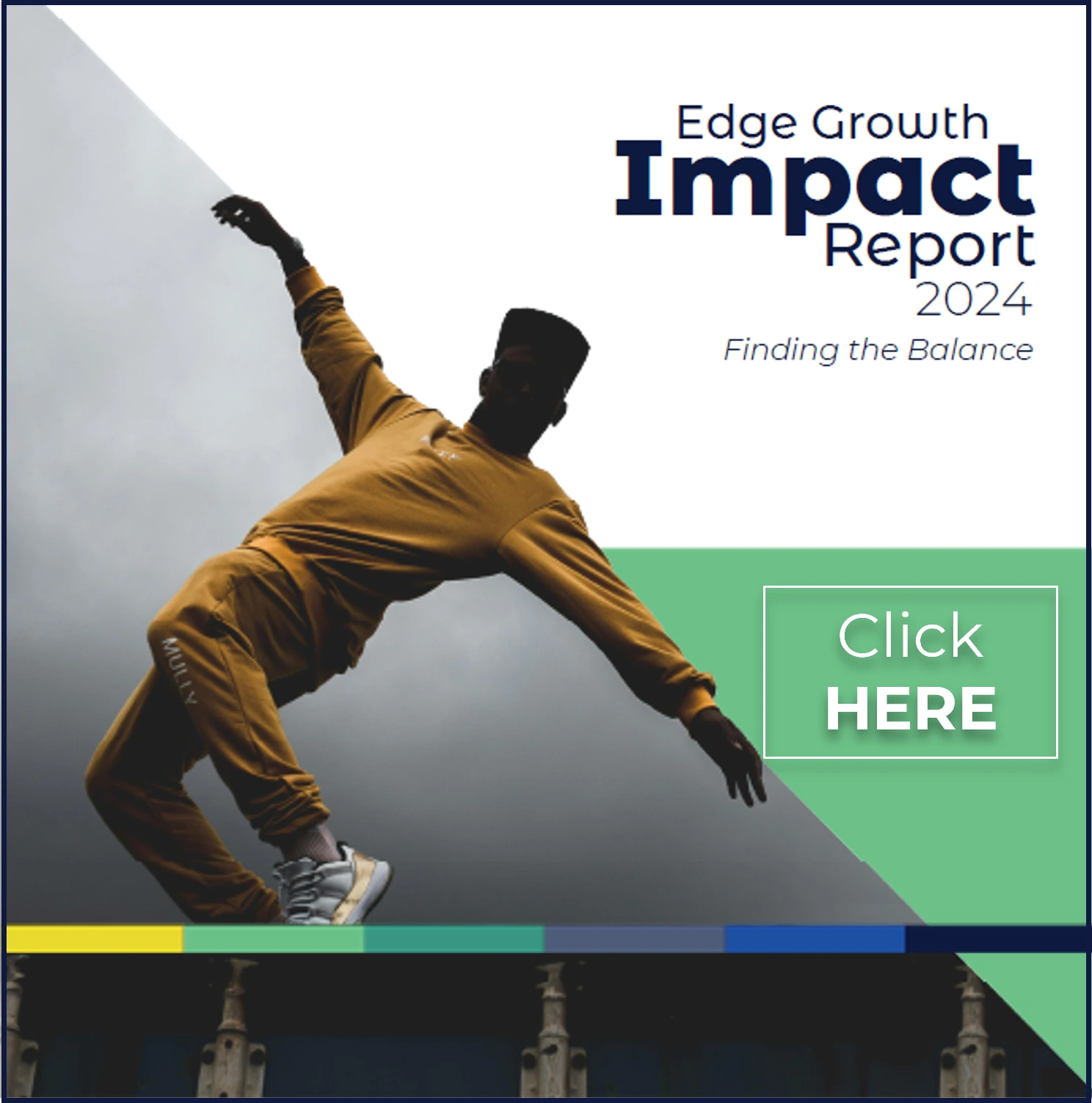Business executives are big fans of expediency, often needing a little extra help to realise that there’s simply no quick-fix for effective and impactful Enterprise and Supplier Development. There are many “hacks” to achieve short term wins in the ESD game, but cutting corners to score compliance points while achieving little in the way of business and social impact invariably end up doing more harm than good, both for the company and the communities they are supposed to be enabling.
So how does a transformation manager approach the issue of ESD with Exco, in a way that will ensure they get the ESD budgets they’re after? CEOs and CFOs are notorious for seeking out the most cost-effective solutions to achieving ESD compliance, but can sometimes fail to see the wood for the trees when it comes to the whole point of ESD: allocating budgets to not only meet compliance requirements, but also to encourage financial efficiency in the value-chain and generate the maximum social impact.
It’s up to you to help them understand that ESD can drive value for the organisation, and not only its ESD beneficiaries – making it vital for the transformation manager to present a clear strategy and a roadmap to success when the time comes to talk about ESD budgets. Whether creating an in-house ESD fund or working with an established provider like Edge Growth, such a strategy should include measurable KPIs and business objectives, such as:
Compliance. Achieving the minimum number of ESD points (a level 4 rating) must be made a top priority for the business to maintain its license to trade. This means that it must achieve at least 65% compliance across each ESD element (enterprise development, supplier development and preferential procurement).
Mutual value creation. ESD is not a question of driving either commercial value or societal change. They are intricately linked at all levels of business. A successful ESD implementation assists businesses to improve affordability and efficiency in their own value chains, while at the same time uplifting the suppliers they depend on – a win-win situation.
Reputational benefits. In South Africa’s current economic climate, it is more important than ever for enterprises to do their part to uplift South African communities, through nurturing small businesses into stable and efficient employment creators. ESD is the perfect way to fulfil this moral imperative and to show stakeholders, and the business community at large, that your enterprise is committed to making a difference on a socio-economic level, which can only be of benefit to your brand.
Value-chain sustainability. ESD contributes to de-risking the value chain by breaking existing supplier monopolies, promoting localisation in order to reduce dependency on imports (a serious side-effect of recent volatility in the exchange rate), and assisting distributors to improve service delivery and adopt a more client-centric way of operating.
ESD provides the most bang for your business’s buck. In terms of cost-per-point efficiency, ESD is the best way to improve your organisation’s B-BBEE scorecard – essential if you are hoping to remain competitive in the tendering process with parastatals.
No Exco could fail to be impressed by the potential business benefits of ESD – as long as you present a convincing business case. But the most important benefits of ESD are so much more impactful in the long run. Enhancing small businesses’ abilities to compete contributes to the reduction of South Africa’s high rate of unemployment, creating a stable economy in which all businesses, big and small, can thrive. By enabling more people to participate in the economy, you will be helping to build the future markets of South Africa and, by extension, your business’s own customer base.
Want to see it in action? Click here for our ESD business case


